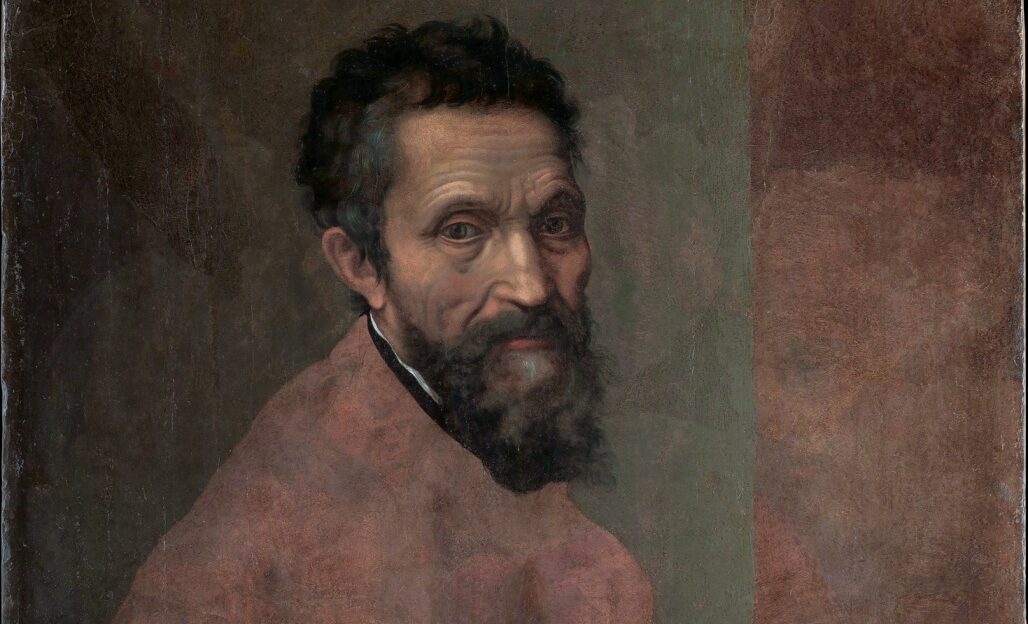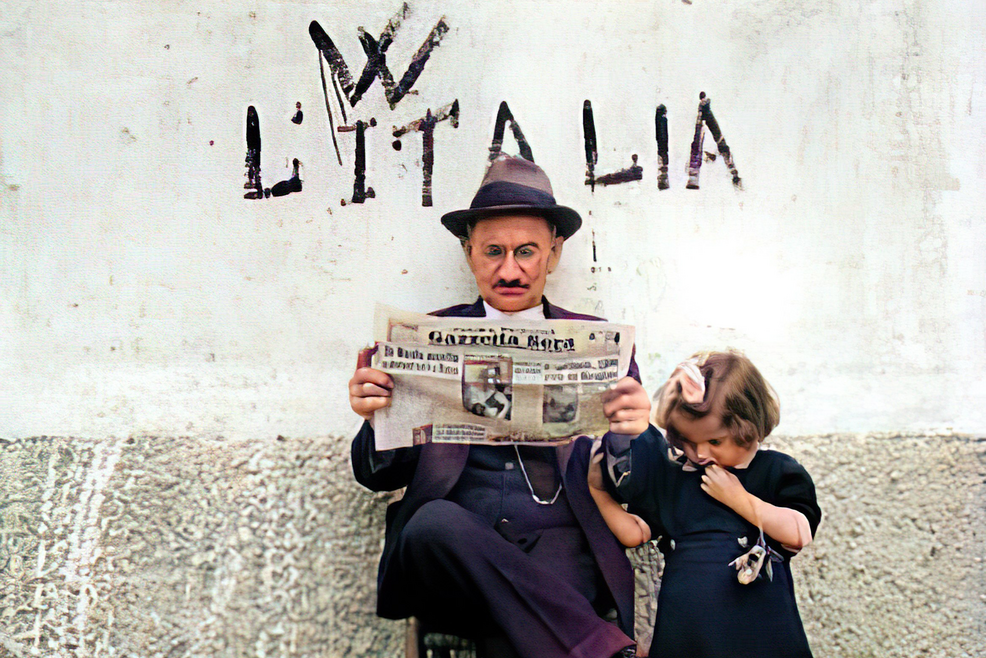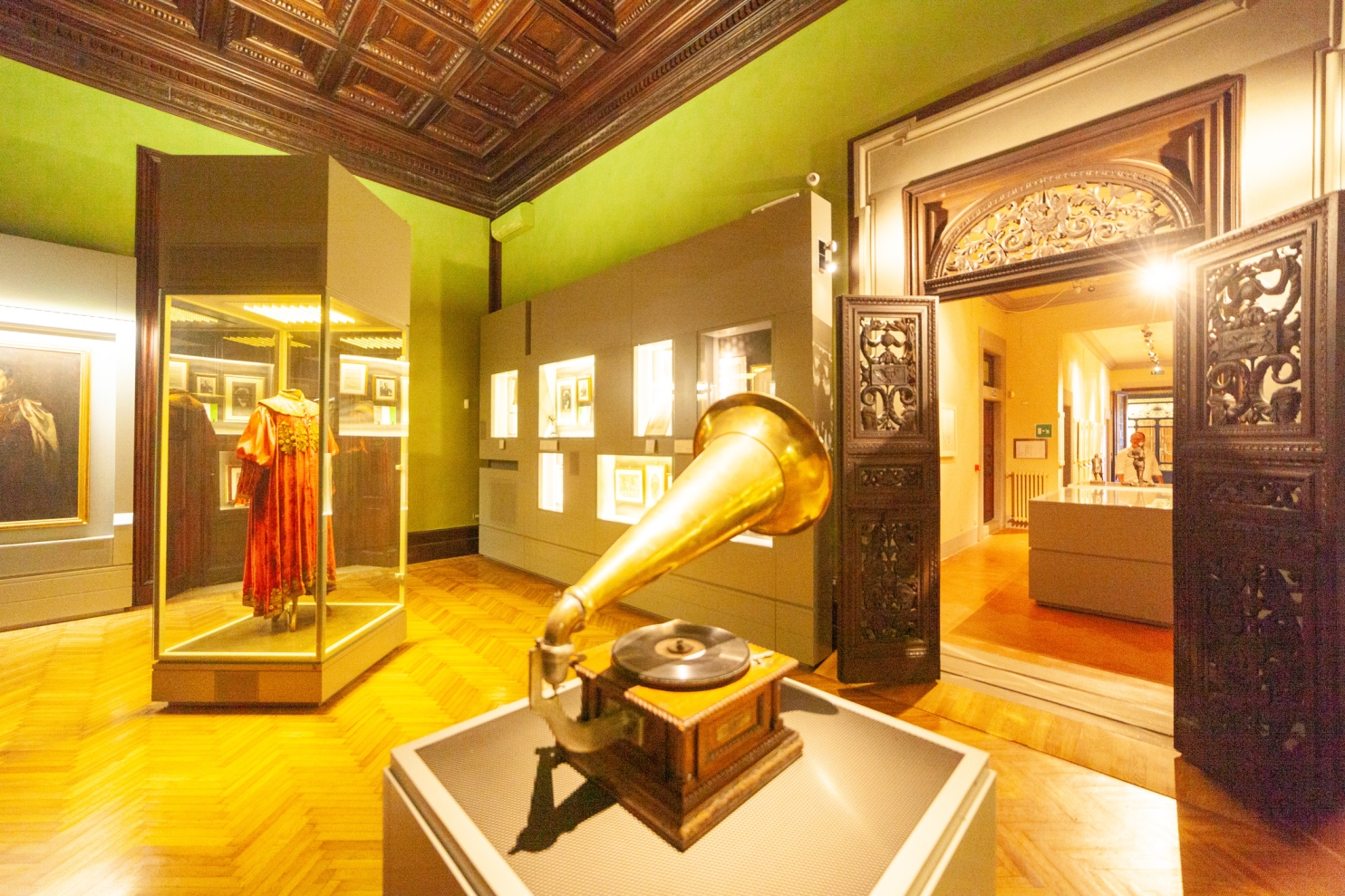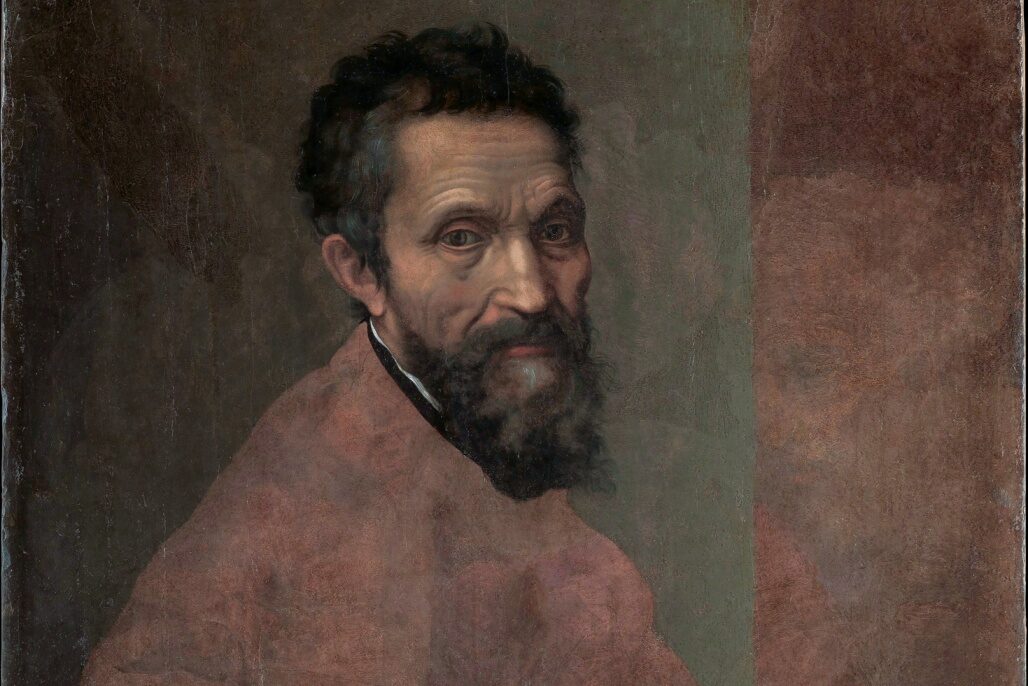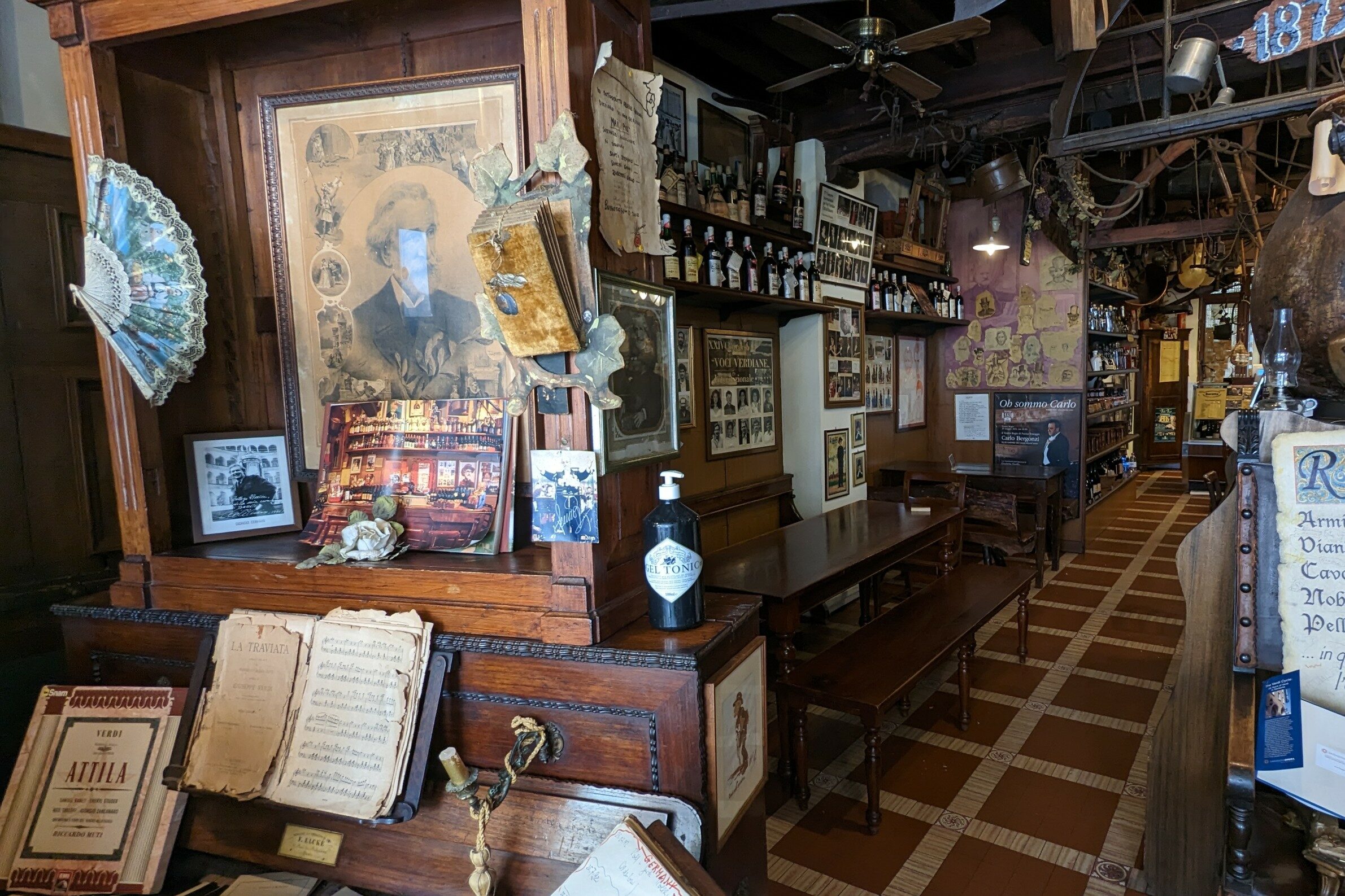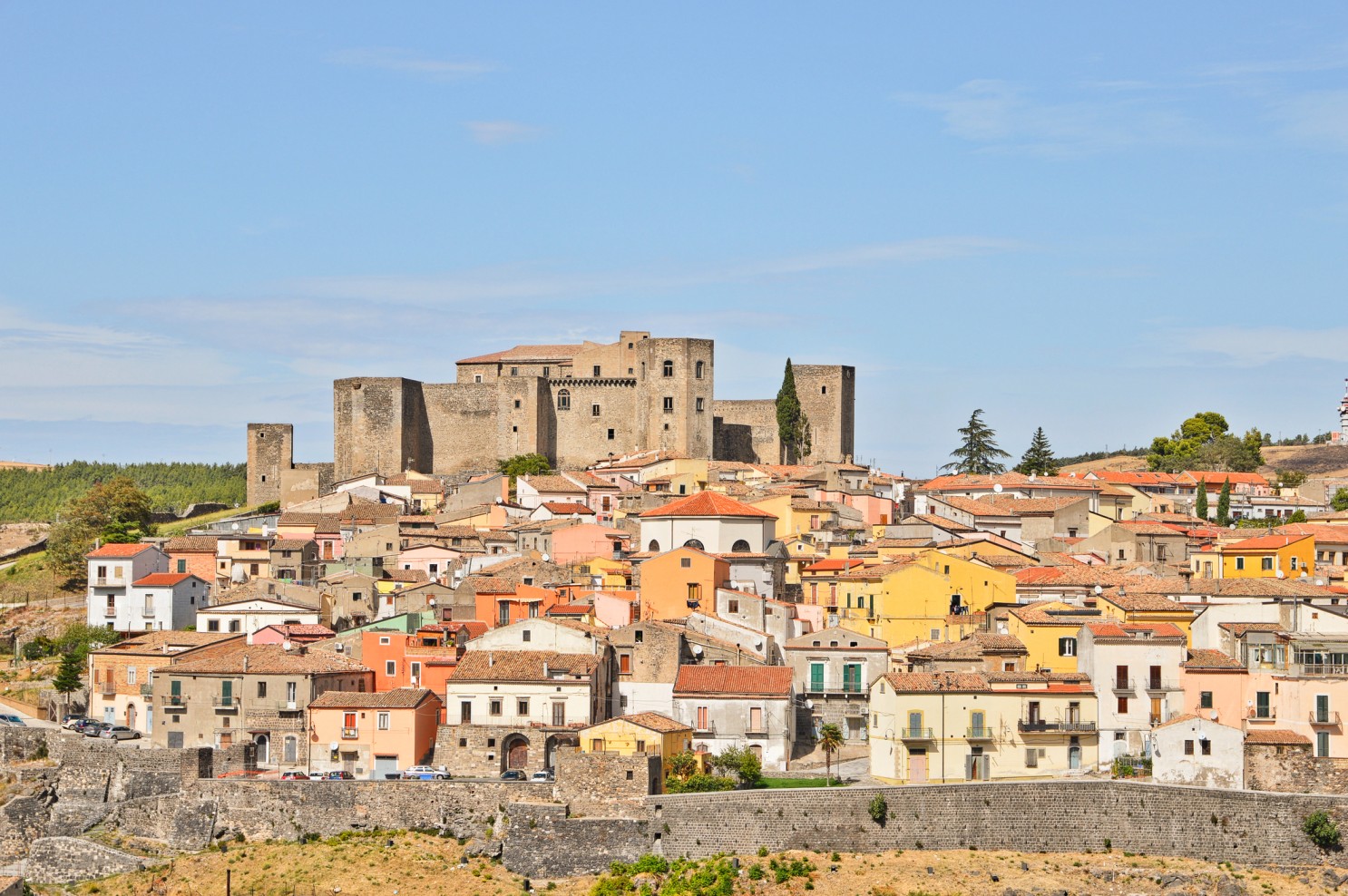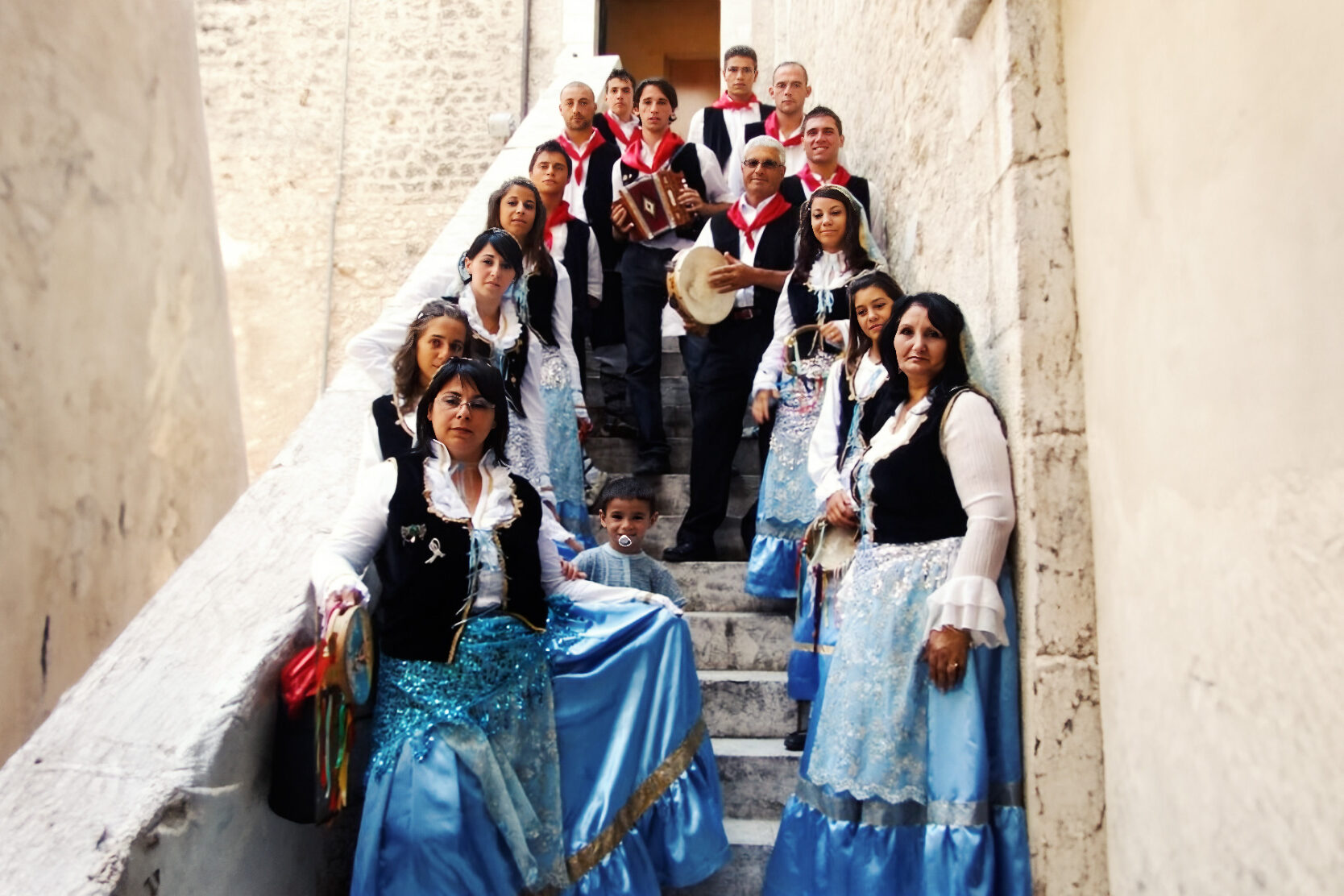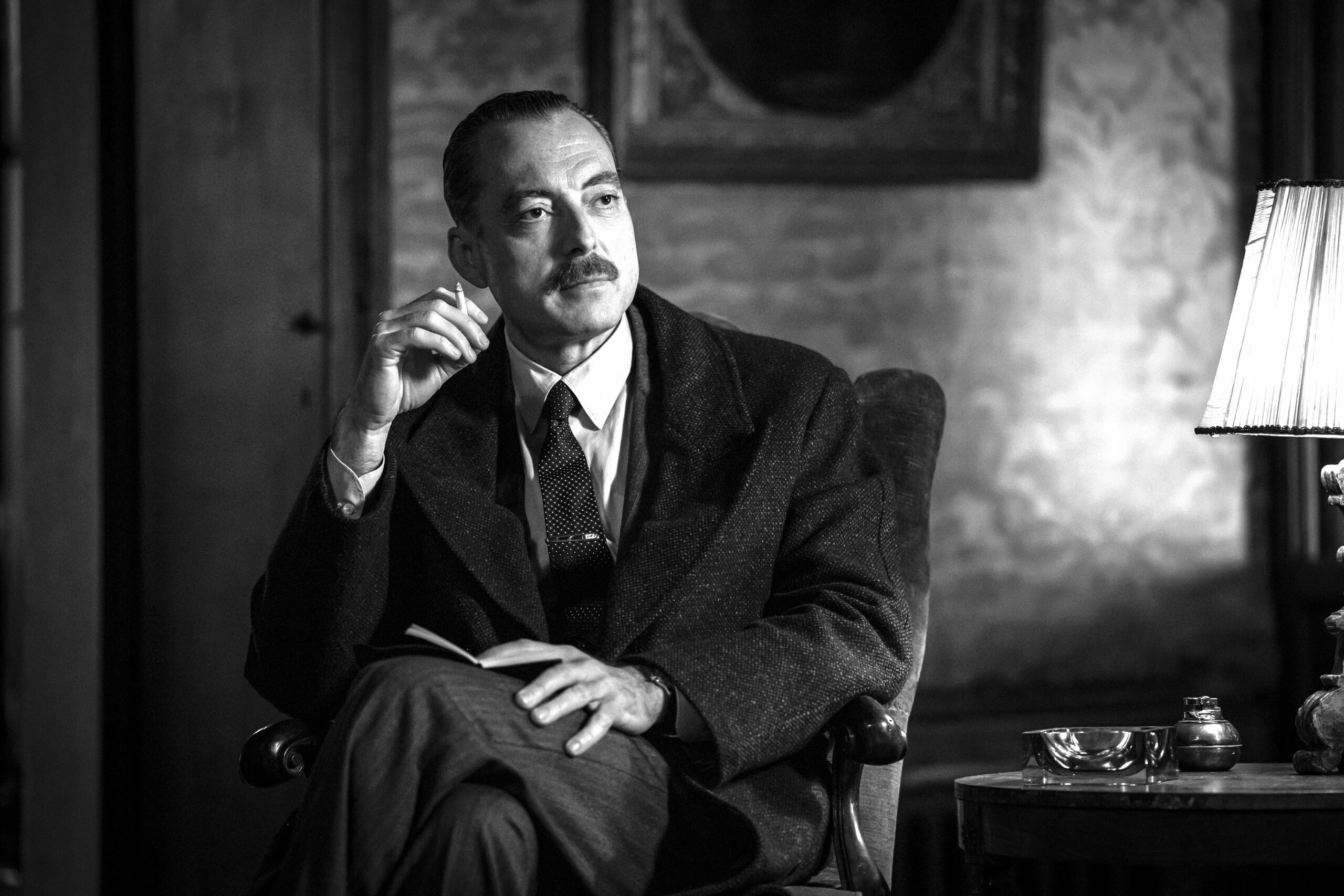Dear readers,
March, the third month of this year, has 31 days and is short for Martius Mensis, the month of Mars. In Roman mythology, Mars was the god of war and agriculture. Nereo, a minor Roman goddess, was his wife. Jupiter (Zeus), the supreme Roman god of the skies, rain, and weather, was his father; Juno (Hera) goddess of marriage and daughter of Saturn, was his mother.
**
March, Marzo, has many dates with an Italian connection. Julius Caesar, the greatest of all Caesars, Roman statesman and general, it’s said, laughed at a soothsayer’s warning to beware the Ides of March. A successful plot for his assassination took place on March 15, 44 BC, done by the end of his trusted adoptive son, and is considered the most famous of classical betrayals.
**
D. H. Lawrence (1885-1930), the controversial English novelist and poet, author of Lady Chatterley’s Lover and Women in Love, died of tuberculosis in Italy on March 2, 1930.
**
The Star-Spangled Banner officially became America’s national anthem on March 3, 1931. Italian-Americans stood proudly to sing it, especially in 1936, while watching newly hired rookie Joe Di Maggio playing for the New York Yankees at their namesake stadium.
**
Antonio Meucci, born in Florence, applied for a patent for what was to be the telephone in 1871. Alexander Graham Bell applied for a patent in 1876, and Edison’s carbon refinement is dated 1877. Italians in Italy and Italian Americans felt they were robbed after Bell prevailed in American Supreme Court litigations because Meucci’s provisional patent expired in 1873. Therefore, they will not be celebrating Bell’s March 4th birthday anniversary.
**
Pierpaolo Pasolini, Italian film director (Decameron, Arabian Nights) poet, and novelist (Ragazzi di Vita), was born on March 5, 1922, in Bologna. Police arrested a 17-year-old male after Pasolini was found murdered on the outskirts of Rome in 1975.
**
Unemployed youth in Italy today are in no hurry to take their first job offer that comes their way to forestall poverty. First, because most disdained, dangerous, dirty work in Italy today is done by Africans and East Europeans. Secondly, unemployment in Italy rarely is synonymous with poverty: the majority of unemployed young Italians have an academic diploma or degree and choose to rely on their parents for support, while they are in search of a job that corresponds to their educational level and career expectations.
**
Michelangelo Buonarroti, born on March 6, 1475, near Florence, was an artist, sculptor, architect, and poet. He painted the creation of man and some of the most beautiful paintings in the world on the ceiling of the Sistine Chapel in Rome. His statues of David and Moses are masterpieces in marble and his dome of St. Peter’s established him as one of Italy’s foremost architects. He died in 1564 and was almost 90 years old, an exceptional age for the time.
**
Anna Magnani, internationally celebrated Italian film star, was born on March 7, 1908, to moderately prosperous Italian immigrants in Alexandria, Egypt. But since her early characterizations had made her the emotional symbol of Italian peasantry and proletariat, her middle-class beginnings were de-emphasized. Divorced from Italian film director Goffredo Alessandrini in 1943, she worked as a bit actress in films and on stage, in order to pay the enormous medical expenses for her polio-stricken son Luca, until her big break in 1946, when she burst upon American audiences as the pregnant fiancée of an Italian resistance leader in Open City, directed by Roberto Rossellini. In 1955, she won an Academy Award for the first Hollywood portrayal in Tennessee Williams’ The Rose Tattoo. Open City, the movie that brought her fame and fortune, also brought her heartbreak as the movie brought Rossellini to the attention of Hollywood actress Ingrid Bergman and eventually precipitated an international scandal that catapulted the Sicilian island of Stromboli into the spotlight, along with Rossellini and the two actresses in his life.
**
Lorenzo da Ponte, born in March 1749, the esteemed librettist who provided verses to the operatic scores of such great composers as Mozart and Salieri, also became the first and foremost purveyor of Italian culture in the United States. Arriving here in 1805, da Ponte taught Italian language and literature at several American colleges, including Columbia University.
Cari lettori,
Marzo, il terzo mese dell’anno, ha 31 giorni ed è l’abbreviazione di Martius Mensis, il mese di Marte. Nella mitologia romana, Marte era il dio della guerra e dell’agricoltura. Nereo, una dea romana minore, era sua moglie. Giove (Zeus), il supremo dio romano dei cieli, della pioggia e del tempo, era suo padre; Giunone (Era) dea del matrimonio e figlia di Saturno, era sua madre.
**
Marzo, ha molte date con una Italian connection. Si dice che Giulio Cesare, il più grande di tutti i Cesari, statista e generale romano, rise dell’avvertimento di un indovino di stare attento alle Idi di marzo. Il complotto per il suo assassinio ebbe luogo il 15 marzo 44 a.C., fu ucciso dal suo fidato figlio adottivo, ed è considerato il più famoso dei tradimenti classici.
**
- H. Lawrence (1885-1930), il controverso romanziere e poeta inglese, autore di Lady Chatterley’s Lover e di Women in Love, morì di tubercolosi in Italia il 2 marzo 1930.
**
Lo Star-Spangled Banner divenne ufficialmente l’inno nazionale americano il 3 marzo 1931. Gli italo-americani furono orgogliosi di cantarlo, soprattutto nel 1936, mentre guardavano il novellino Joe Di Maggio giocare per i New York Yankees nello stadio omonimo.
**
Antonio Meucci, nato a Firenze, fece domanda per un brevetto per quello che sarebbe stato il telefono nel 1871. Alexander Graham Bell fece domanda per un brevetto nel 1876, e il raffinamento del carbonio di Edison è datato 1877. Gli italiani e gli italoamericani si sentirono derubati quando Bell prevalse nelle controversie della Corte Suprema americana perché il brevetto provvisorio di Meucci era scaduto nel 1873. Pertanto, non celebreranno il 4 marzo anniversario del compleanno di Bell.
**
Pierpaolo Pasolini, regista italiano (Decameron, Arabian Nights), poeta e romanziere (Ragazzi di Vita), è nato il 5 marzo 1922 a Bologna. La polizia arrestò un ragazzo di 17 anni dopo che Pasolini fu trovato assassinato alla periferia di Roma nel 1975.
**
I giovani disoccupati in Italia oggi non hanno fretta di accettare la prima offerta di lavoro che arriva per prevenire la povertà. Innanzitutto, perché la maggior parte del lavoro disprezzato, pericoloso e sporco oggi in Italia lo fanno gli africani e gli europei dell’est. In secondo luogo, la disoccupazione in Italia raramente è sinonimo di povertà: la maggioranza dei giovani italiani disoccupati ha un diploma accademico o una laurea e sceglie di affidarsi al sostegno dei genitori, mentre è alla ricerca di un lavoro che corrisponda al proprio livello di istruzione e alle aspettative di carriera.
**
Michelangelo Buonarroti, nato il 6 marzo 1475, vicino a Firenze, è stato un artista, scultore, architetto e poeta. Dipinse la creazione dell’uomo e alcuni dei dipinti più belli del mondo sul soffitto della Cappella Sistina a Roma. Le sue statue di David e Mosè sono capolavori in marmo e la sua cupola di San Pietro lo ha reso uno dei più importanti architetti italiani. Morì nel 1564 e aveva quasi 90 anni, un’età eccezionale per l’epoca.
**
Anna Magnani, star del cinema italiano celebrata a livello internazionale, nacque il 7 marzo 1908 da immigrati italiani moderatamente benestanti ad Alessandria d’Egitto. Ma poiché le sue prime caratterizzazioni l’avevano resa il simbolo emotivo dei contadini e del proletariato italiano, i suoi inizi borghesi furono minimizzati. Divorziata dal regista italiano Goffredo Alessandrini nel 1943, lavorò come attrice nel cinema e in teatro, per pagare le ingenti spese mediche del figlio Luca, malato di poliomielite, fino alla grande occasione nel 1946, quando irruppe nell’audience americana nei panni della fidanzata incinta di un leader della resistenza italiana in Città Aperta, diretto da Roberto Rossellini. Nel 1955, vinse un Oscar per la prima interpretazione hollywoodiana in La rosa tatuata di Tennessee Williams. Città Aperta, il film che le portò fama e fortuna, le spezzò anche il cuore poiché nel film Rossellini notò l’attrice hollywoodiana Ingrid Bergman e alla fine scatenò uno scandalo internazionale che catapultò l’isola siciliana di Stromboli sotto i riflettori, insieme a Rossellini e alle due attrici della sua vita.
**
Lorenzo da Ponte, nato nel marzo del 1749, fu lo stimato librettista che fornì versi alle partiture operistiche di grandi compositori come Mozart e Salieri, divenne anche il primo e principale divulgatore della cultura italiana negli Stati Uniti. Arrivato qui nel 1805, da Ponte insegnò lingua e letteratura italiana in diversi college americani, tra cui la Columbia University.
